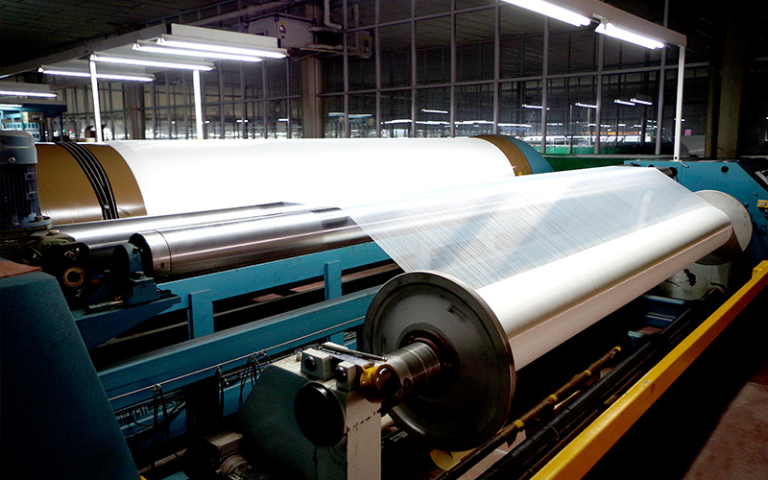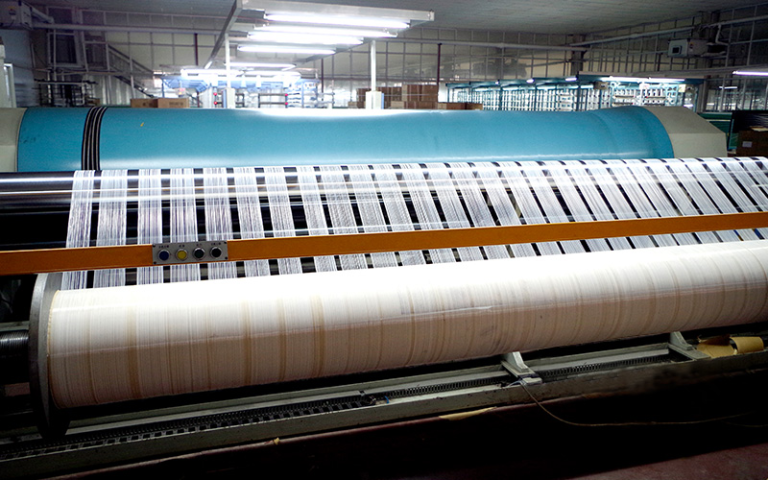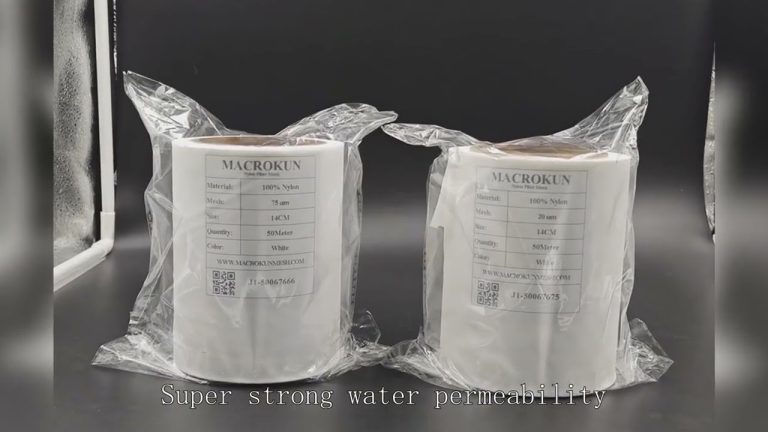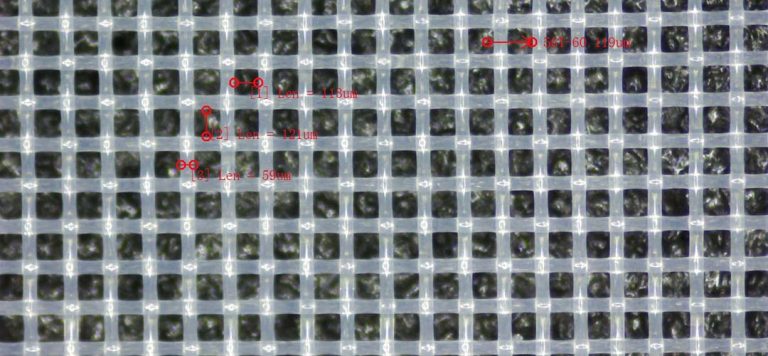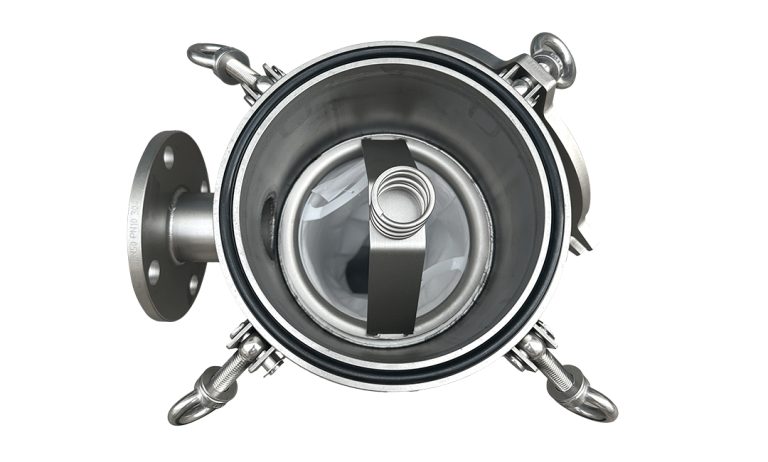# Pre Filter vs Bag Filter: Which is Right for Your Needs?
Table of Contents
Understanding Pre Filters
Pre filters are designed to capture larger particles and debris before they enter the main filtration system. By doing so, they help extend the lifespan of your primary filters, ensuring that your system operates at peak efficiency. This initial layer of protection not only improves air quality but also reduces maintenance costs in the long run.
Using pre filters can significantly enhance the performance of HVAC systems and industrial applications. Their ability to trap dust, pollen, and other large contaminants means that your main filter won’t have to work as hard, allowing it to focus on smaller particles. This results in a cleaner environment and better air flow.
When considering pre filters, it’s essential to select the right size and material for your specific application. Common materials include foam, synthetic fibers, and fiberglass, each offering different levels of filtration efficiency and durability.
The Benefits of Bag Filters
Bag filters are known for their high capacity and efficiency in capturing fine particles. They consist of multiple filter bags arranged in a frame and are particularly effective in environments with a high concentration of airborne pollutants. This robust design allows them to handle larger volumes of air while maintaining excellent filtration standards.
One significant advantage of bag filters is their extended service life compared to traditional filters. Due to their larger surface area, they can trap more dust and particulates, reducing the frequency of replacements. This characteristic makes them a cost-effective choice for businesses looking to maintain optimal air quality without incurring frequent expenses.
Another benefit of bag filters is their versatility. They are suitable for various applications, including commercial buildings, manufacturing facilities, and even residential systems. Their adaptability means that you can find a bag filter that meets your specific filtration needs.
Comparing Efficiency and Maintenance
When comparing pre filters and bag filters, efficiency is a critical factor to consider. Pre filters excel at capturing larger particles, which helps prolong the life of your main filters. In contrast, bag filters are specifically designed to capture smaller particles, making them ideal for environments where air quality is paramount.
Maintenance requirements also differ between the two types of filters. Pre filters can often be cleaned and reused, while bag filters typically need to be replaced after a certain period. This difference can impact long-term operational costs and should be factored into your decision-making process.

Ultimately, the choice between pre filters and bag filters will depend on your specific needs. If you require a solution that minimizes overall maintenance and enhances the longevity of your filtration system, pre filters may be the best option. However, if your priority is to capture fine particles and maintain superior air quality, bag filters could be the way to go.
Making the Right Choice for Your Filtration Needs
Choosing the right filtration product requires careful consideration of your specific requirements and environmental conditions. Both pre filters and bag filters have unique advantages that can cater to different needs. Evaluate factors such as air quality, maintenance capabilities, and cost-effectiveness to determine which filter type aligns with your goals.
Consulting with filtration experts can provide valuable insights into the best solutions for your application. They can offer tailored advice based on your specific circumstances, ensuring that you make an informed decision that enhances your filtration system’s overall performance.

Investing in the right filtration technology not only improves air quality but also contributes to the longevity of your equipment. Whether you opt for pre filters or bag filters, understanding the benefits of each will empower you to make a choice that leads to a healthier, cleaner environment.

